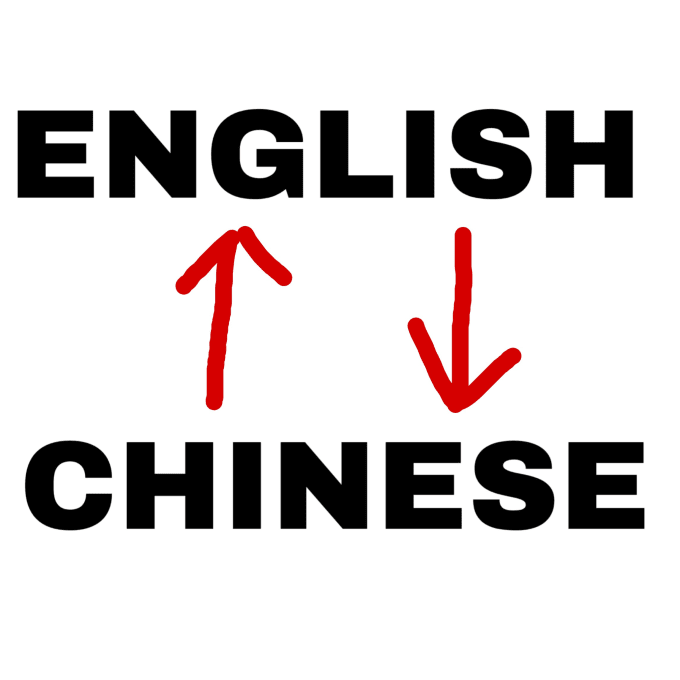
In 2010, Google said it would redirect mainland Chinese users to its (uncensored) Hong Kong search engine.

Google originally offered a censored version of Google Search to mainland Chinese users in 2006, but it faced strong competition from local competitors like Baidu. At the time, Google said it hoped the service would help mainland Chinese “discover a world without language barriers.” Users in China could download the app without using a virtual private network to evade the country’s internet controls. Google introduced a Chinese mobile app version of Google Translate as a foray back into the China market in 2017, bringing in Chinese-American rapper MC Jin to advertise the service to Chinese users. Google Translate as a whole received 719 million hits over the same period outside of China, according to Similarweb data. Google Translate’s China service received 53.5 million hits from desktop and mobile users combined in August, according to the South China Morning Post, citing data from web analytics platform Similarweb. The sudden suspension put some Chinese applications, which relied on Google for translation, in a bind, as users reported problems with programs like document reader KOReader, according to TechCrunch, which first reported the suspension.Ī Google spokesperson told Fortune that the company had “discontinued Google Translate in mainland China due to low usage.” (Google in Hong Kong is uncensored and blocked to mainland Chinese users.) Mainland Chinese users trying to access Google Translate in China were instead shown a static image of a generic Google search bar, and a link to the company’s Hong Kong–based domain.


 0 kommentar(er)
0 kommentar(er)
